
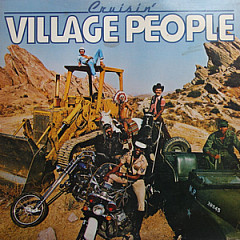
Village People lead singer Victor Willis, who co-wrote "Y.M.C.A.," insists it isn't a gay song - it's about hanging out with your buddies.
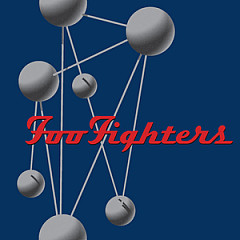
The Foo Fighters song "Everlong" isn't about Kurt Cobain, but Dave Grohl's girlfriend at the time, Veruca Salt frontwoman Louise Post.
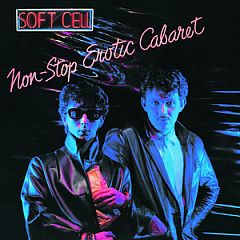
"Tainted Love" started as a 1964 soul song by Gloria Jones, became a huge hit when Soft Cell covered it in 1981, and was the basis for Rihanna's 2006 #1 "S.O.S. (Rescue Me)."
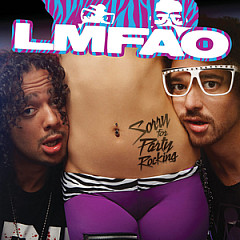
"Party Rock Anthem" by LMFAO was only the second #1 hit on the Hot 100 with "Party" in the title. The first was Lesley Gore's "It's My Party."
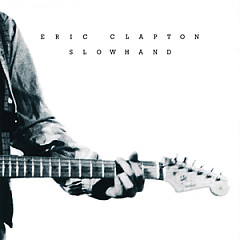
Eric Clapton wrote "Wonderful Tonight" while waiting for his girlfriend, Pattie Boyd, to get ready for a night out. By the time she was ready, he had written the song.
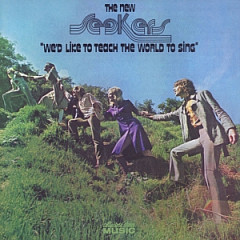
The first hit song that was used in a commercial before it was released as a single was "I'd Like To Teach The World To Sing," which was written for a Coke ad.
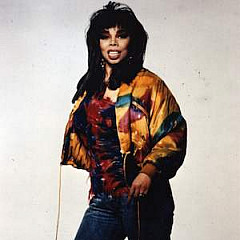
Outrageously gifted and just plain outrageous, Millie is an R&B and Rap innovator.
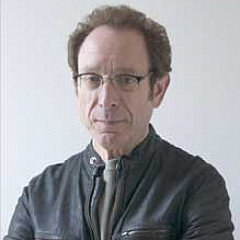
As Procol Harum's lyricist, Keith wrote the words to "A Whiter Shade Of Pale." We delve into that song and find out how you can form a band when you don't sing or play an instrument.

The drummer for Anthrax is also a key songwriter. He explains how the group puts their songs together and tells the stories behind some of their classics.
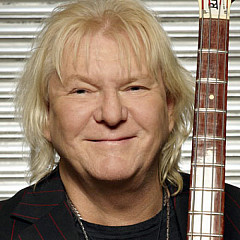
One of the most dynamic bass player/songwriters of his time, Chris is the only member of Yes who has been with the band since they formed in 1968.

Jon Fratelli talks about the band's third album, and the five-year break leading up to it.
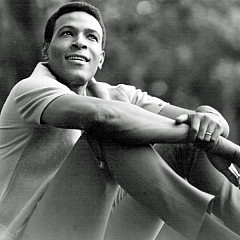
Did Marvin try out with the Detroit Lions? Did he fake crazy to get out of military service? And what about the cross-dressing?